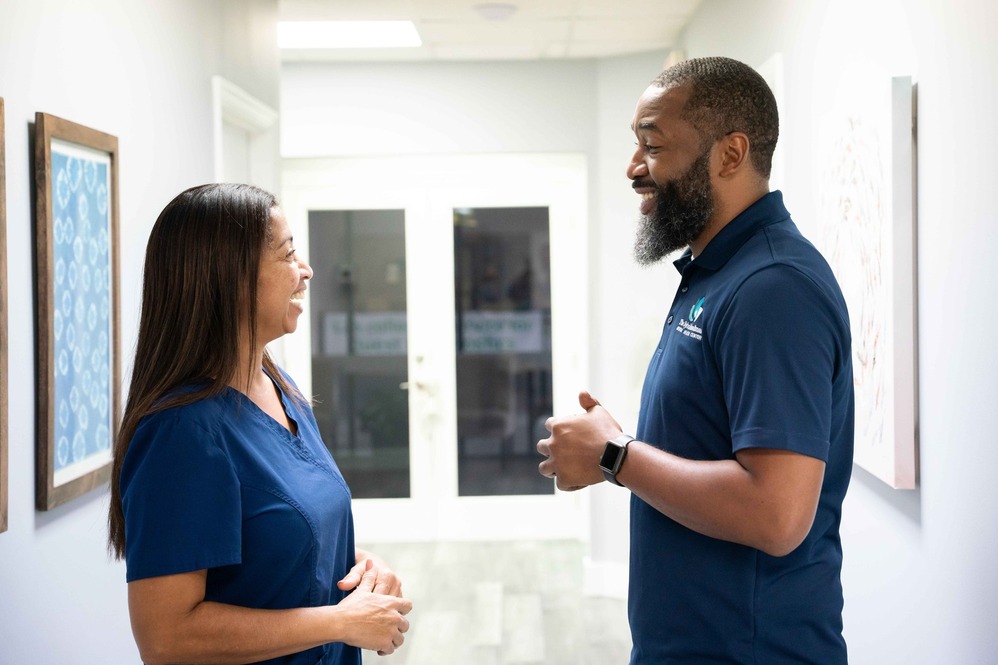Does Private Health Insurance Pay for Depression Therapy and Treatment Programs in Georgia?
Yes, private health insurance often covers depression therapy and treatment programs in Georgia. Coverage can vary, so you must check your insurance details to understand the services included. Many plans cover individual and group therapy sessions, depression medications, and inpatient or outpatient care, helping to facilitate affordable mental health treatment.
When reviewing your policy, look for information on copays, deductibles, and provider networks to ensure you maximize your benefits. Some insurers may require prior authorization for certain depression treatments, so contacting your provider in advance can clarify the process. The patient advocates at Sylvia Brafman can also explain your insurance benefits without the wait and insurance jargon. Contact us today – accessing quality depression therapy doesn’t have to be overwhelming when you know what your insurance covers.
Who Can Prescribe Depression Medications?
Depression medications can be prescribed by medical professionals such as psychiatrists, primary care physicians, and, in some cases, nurse practitioners or physician assistants. These providers assess your symptoms, diagnose your condition, and determine the most appropriate medication for managing depression effectively.
Psychiatrists specialize in mental health and are often the best option for complex cases or when multiple medications are needed. However, primary care physicians can also prescribe antidepressants, especially for mild to moderate depression. Under a supervising doctor, nurse practitioners and physician assistants can prescribe medication in many states, offering more accessibility to treatment. Always consult a healthcare professional to ensure you receive the right care.











